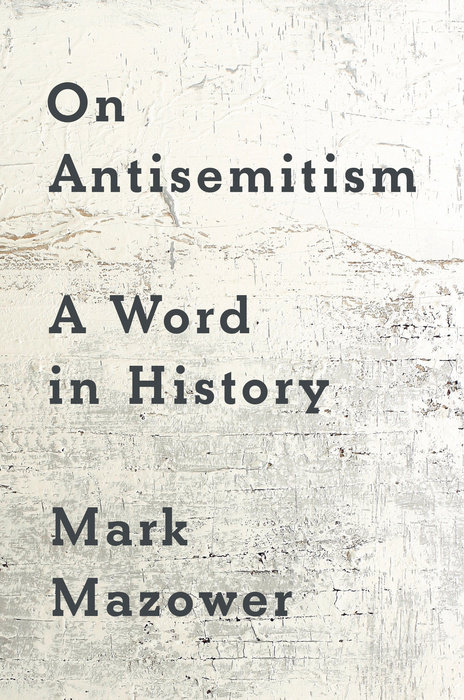When words lose their original meanings and are repurposed as verbal cudgels, the public sphere becomes a jungle of denunciation, intimidation, and even violence. Right-wing politicians who label all critics of Israel antisemites are the mirror image of those who assume that all Jews are Zionists and all Zionists are racists. One of the many virtues of Mark Mazower’s excellent and timely “On Antisemitism” (Penguin Press) is his effort to restore historical context to a word that has become a generic term of condemnation.
There are Jews who believe that non-Jews have always hated Jews and always will. In this view, antisemitism is unique, permanent, and unchanging. Benzion Netanyahu, the great historian of the Spanish Inquisition, saw Jewish history as a “history of Holocausts.” His son Benjamin, the Israeli Prime Minister, dismisses all criticism of the country’s violence against Palestinians as just another instance of sinat Yisrael, the age-old “hatred of Israel.” His self-appointed role is to protect Jews from another Holocaust, even if the whole world condemns him. Indeed, especially if the whole world condemns him, for that will only bolster his conviction that those who criticize his policies do so “because of the simple fact that we exist.”
Mazower, a scrupulous historian, disagrees. Antisemitism is far from new, he observes, but the nature of this hostility has changed radically over time. In his survey of antisemitism, Mazower largely skips over the religious prejudices of pre-modern Christians. Like Hannah Arendt before him, he treats Jew-hatred as a consequence of European modernity, which gathered force in the late nineteenth century, when many nation-states were formed. This was an age of political parties, newspapers, high finance, and the rule of law. In much of Europe, emancipated Jews were now citizens in large cities, with equal rights, and no longer minority subjects of noble houses.
That equality, and the diminishment of obvious markers—peculiar clothes, a strange language, obscure traditions—could be disturbing, and not just to conservative rabbis who saw their authority fading. It represented, for some, an infiltration of untrustworthy outsiders into the mainstream. Not everyone welcomed the liberal, more egalitarian states that emerged from the French and American Revolutions. French conservatives longed for the ancien régime of church and monarchy, German nationalists for a community rooted in native soil. How one viewed the Jews had everything to do with one’s view of the modern state. The term “antisemitism” was coined in 1879 by the German agitator Wilhelm Marr in his campaign to reverse Jewish emancipation. Mazower sees in this “a kind of counterreaction to the accelerated rhythms of modern times that held out the promise of a better life, a return to older and more familiar ways.”
